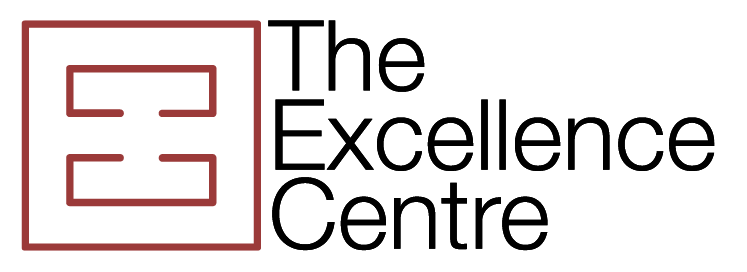Student Leadership 17
We have talked about developing faith, character and skills that contribute to leadership development by having regular, and developmental Class Meetings. Then we have suggested that these good developments need to overflow into our pedagogical practices in other areas.
Let’s consider a few more simple practices that may aid Leadership development.
We need to intentionally practice skills like “mirroring”. This involves students listening carefully to each other’s perspectives and viewpoints, and reflecting those views back to the person; always seeking clarity and integrity. The further purpose is for everyone to exercise listening skills and develop the ability to humbly and respectfully critique.
In each of our classrooms we need to develop “Courageous Curiosity”. The desire, opportunity and ability to ask questions that will lead to the growth of knowledge, understanding and wisdom. We need to make respectful questioning for Truth the community norm.
We need to develop a classroom culture where questioning is expected and encouraged.
So, we need to move from “Are there any Questions?” To a more positive and expectant approach that says, for example,
“In a group, decide upon three important questions that should be asked about this topic/issue?”
If we are only ever seeking answers to our teacher directed questions, we may be stunting the growth of our students.
“An answer can be a full stop; questions can be the gateway to new understanding”
We need to make open-ended questions part of our assessment process.
For example, at the end (or even during) a unit of work pose some questions:
“How does your new knowledge and understanding help you to serve better?
“How can you use your new understanding redemptively?”
Good leaders are inquisitive people who seek to understand different perspectives and engage in respectful consideration of different viewpoints, then work out helpful responses and actions.
More suggestions next week
Blessings
Brian

